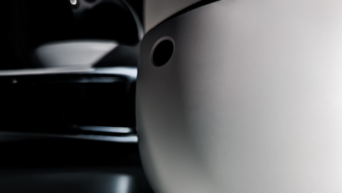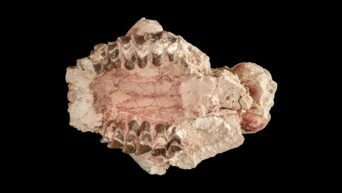Finally, something from ancient Egypt that isn’t cursed. Unless you count the hangover.
Here’s a fun fact: beer was a regular part of the diet of the people of ancient Egypt and Mesopotamia. There’s lots of early Egyptian texts mentioning different kind of brews, as well as hieroglyphics depicting the consumption of alcoholic beverages. But brewing methods and conditions have changed a lot over the centuries, so we have no possible way of knowing what these ancient brewskies actually tasted like. Or do we? Er, yes, yes we do.
A team of archaeologists and microbiologists in Israel attempted to recreate a batch of the first pharaoh’s favorite beer. Their secret weapon in this endeavor was six strains of ancient yeast exhumed from clay pots uncovered from various Middle Eastern archaeological digs. And when I say ancient, I mean it; the researchers estimated the yeast dates back to 3,000 BC!
With some help from a craft brewer in Jerusalem, a modern-style ale was created from the yeast samples. It had a thick, white head, a bit of a funky nose, and a pleasant caramel color. A separate set of yeast strains were also used to create mead, resulting in a dry, bubbly champagne with a touch of green apple. These brews aren’t exact replicas, since ancient brewers presumably didn’t have things like hops, but it’s still quite a feat.
Hebrew University microbiologist Michael Klutstein was certainly proud of the experiment. “What we discovered was that yeast can actually survive for a very, very long time without food,” he said. “Today we are able to salvage all these living organisms that live inside the nanopores and to revive them and study their properties.” This beer proves that ancient microorganisms that lent their properties to food can be revived and studied in extensive detail. This, in turn, can teach us a lot about the diets (and, perhaps, party habits) of long-gone societies.
































